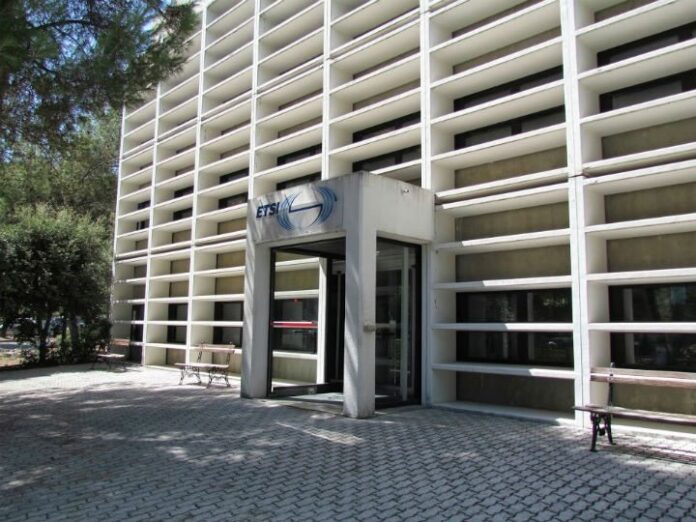ETSI interoperability plugtests help technical committees develop global standards for NFV platforms
The European Telecommunications Standards Institute (ETSI) is set to host the second Network Functions Virtualization (NFV) Plugtests event from Jan. 15 to 19 next year at its Sophia Antipolis headquarters in southern France. The purpose of the event is to provide an outlet for vendors and representatives from open source communities to assess the level of interoperability of their implementations, and ensure they abide by NFV specifications currently being defined by ETSI.
ETSI is a non-profit organization that develops different types of global standards for the telecom industry. Plugtests serve as a beneficial tool in developing these standards, which provide feedback to technical committees. In addition, they allow engineers to come together to test the interoperability of their implementations, decreasing time-to-market in return. Vendors flock to the event to network with other vendors, gain insight into how to improve their interoperability, support the deployment of innovative technologies and validate ETSI standards. Last year’s event included more than 160 engineers from various vendors and open source projects OPNFV, Open Baton, ETSI Open Source Management and Orchestration and the Open Orchestrator Project.
The organization says the five day event will cover all the major components of NFV deployments, including virtual network functions (VNFs), NFV infrastructure (NFVI), Virtual Infrastructure Managers (VIMs) and management and orchestration (MANO) solutions. A string of interoperability test sessions will review the combination of various VNFs, NFV MANO solutions and NFV platforms. Supporting open source communities include ETSI OSM (Open Source MANO), OPNFV, OpenStack and Open Baton.
This marks the second NFV Plugtests event hosted by ETSI. The last event took place January 23 to February 3 of this year in Spain. During the two week event, 10 different combinations of MANO, VIM and NFVI were scheduled, with a maximum of four VNFs tested on each of them each day. Reportedly 160 combinations of VNF, MANO, VIM and NFVI were tested for interoperability with more than 1,500 individual test results. ETSI claimed 98% success of interoperability tests for features like network service on-boarding, instantiation and termination.
Expanding on last year’s event, this year’s sessions will include multi-site operation, network path, enhanced platform awareness, fault and performance management and NFV application programming interfaces. Plugtests Programme participants will have access to a wide testing environment with remote integration, pre-testing, collaborative testing and validation activities.

